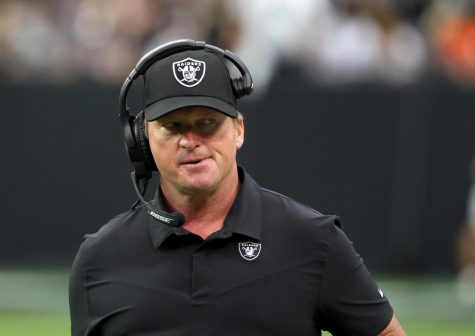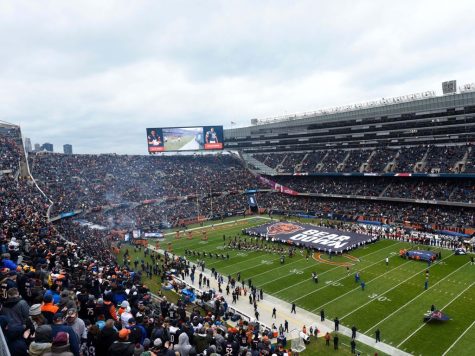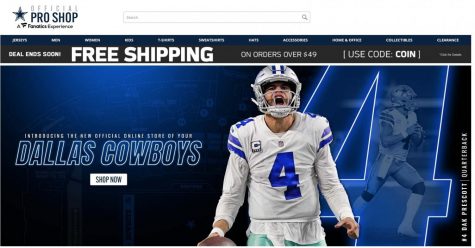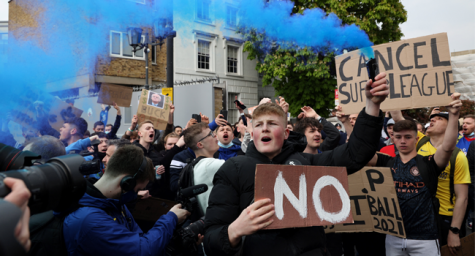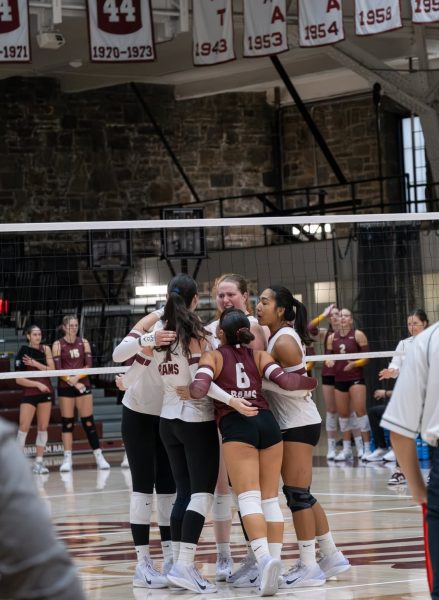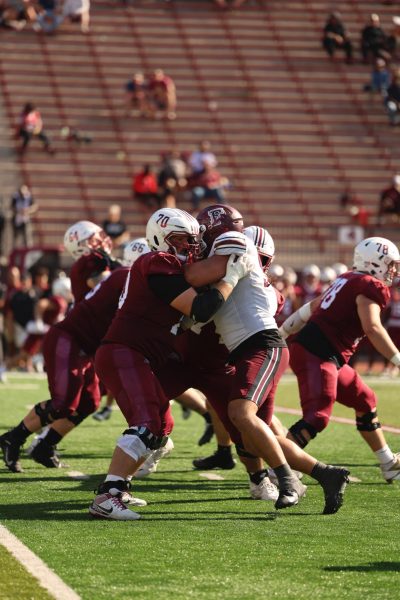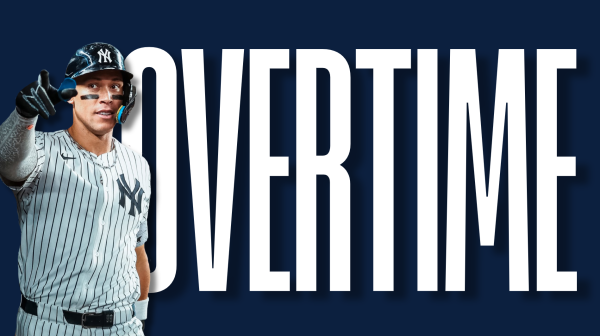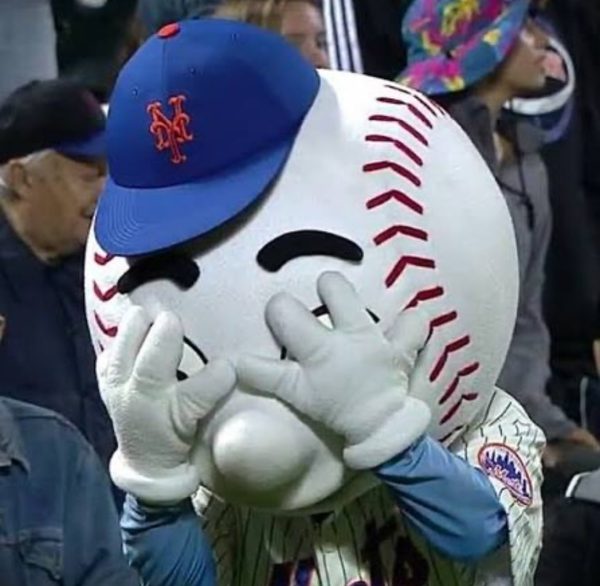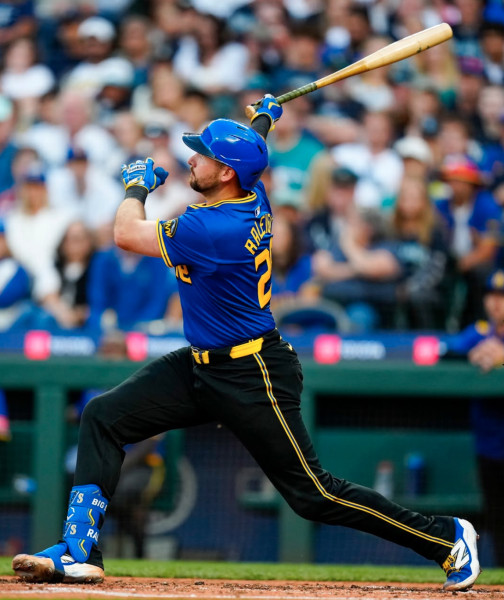NCAA Requests Supreme Court Review
The NCAA has requested the Supreme Court to review the Alston v. NCAA case filed as a class action in 2014. The ruling of the case was that the NCAA violates the antitrust law by limiting education-related benefits. The benefits came in the form of money to cover technology costs such as computers.
The Alston case was the most significant legal case against the NCAA, allowing scholarships to have fewer limitations. Yet, the decision supported the stance that college athletes can’t be paid.
“The decision allows unlimited payments to student-athletes, so long as payments like uncapped internships can somehow be described as ‘related to education,’” the NCAA’s petition said, according to USA Today. “By permitting such payments for student-athletes’ play, the decision will transform student-athletes into professionals, eliminating the procompetitive distinction between college and professional sports. Consumers will likely come to view NCAA athletics as just another form of minor-league sports.”
The NCAA filed this request after reviewing a prior Supreme Court ruling that the student nature of college sports differs from professional sports and is essential to the environment of college athletics. Therefore, college sports shouldn’t be provided the unlimited benefits that are available to professional athletes.
A lead attorney, Jeffery Kessler, doubts that the decision will be overturned. “We do not believe it likely that the Supreme Court will take this case, as it does not raise any new legal issues or circuit split for the Court to consider,” Kessler said. “The petition identifies the same legal issues previously raised by the NCAA with respect to the prior O’Bannon litigation that the NCAA lost, and the Supreme Court declined to review those issues at that time.”
A previous ruling supports Kessler’s doubt of the Supreme Court’s change of heart. Formerly, the NCAA violated antitrust law when it refused to compensate college athletes for use of their image in a video game.
These violations of antitrust laws have continued the ongoing debate on whether or not college athletes should be paid.
However, the NCAA is fighting for Congress to provide them an exemption from antitrust laws. If provided the exemption, the NCAA could finally end the debate over college players being paid by ruling that college athletes are amateurs and cannot be paid for their sports contributions.
At the moment, the decisions made in the Alston case invalidate the NCAA’s cap on scholarship money. Some schools decided to provide more education-related compensation while others didn’t. Should colleges offer education-related compensation? The NCAA has asked for more clarification of what qualifies as education-related.







































































































































































































